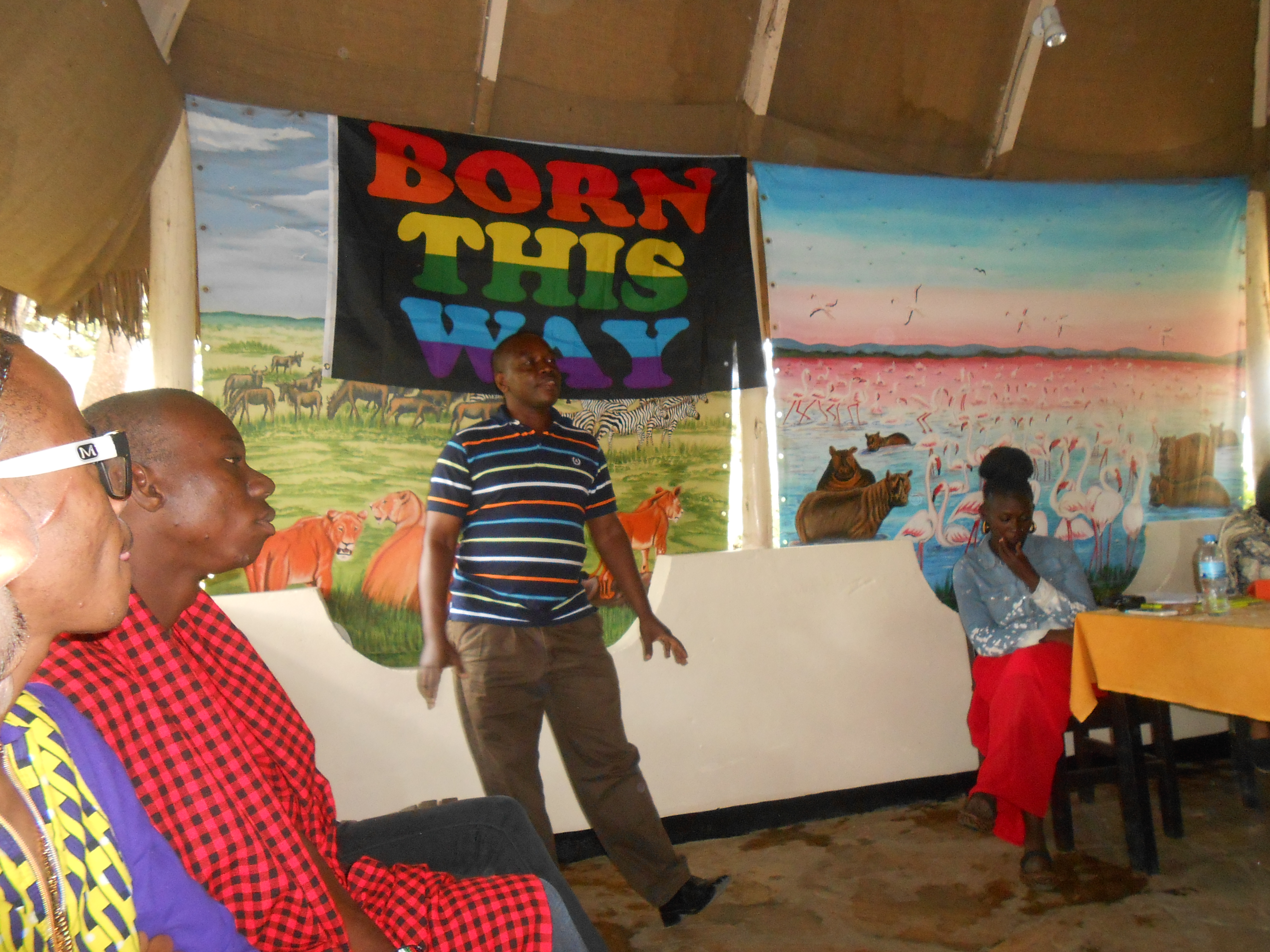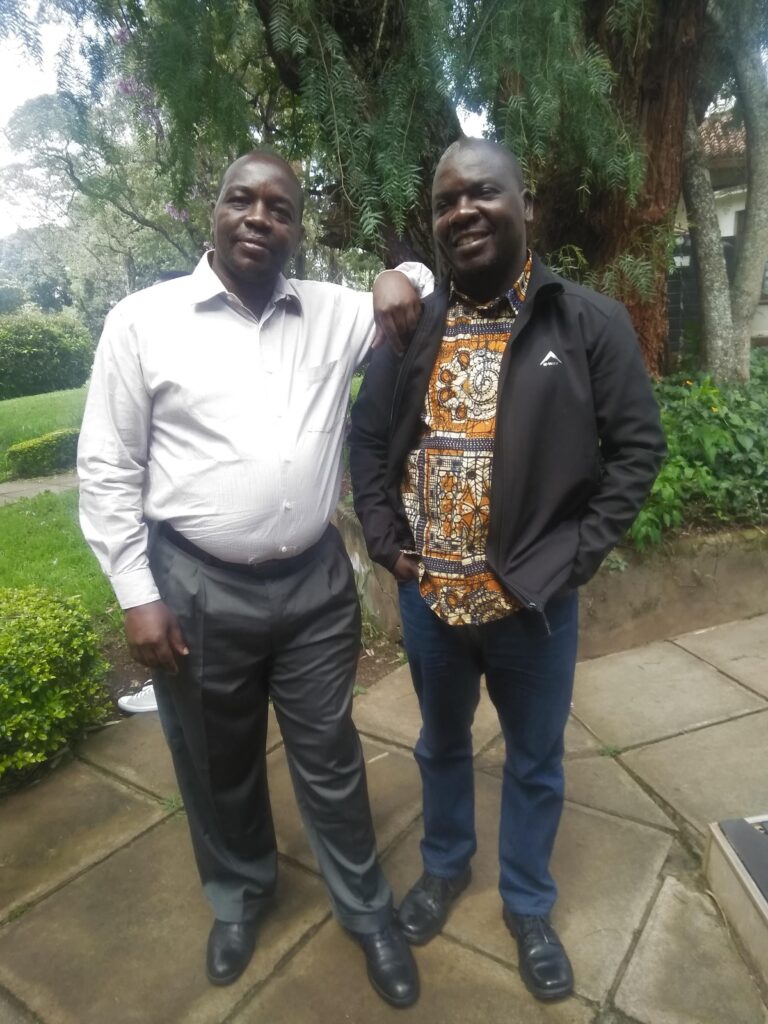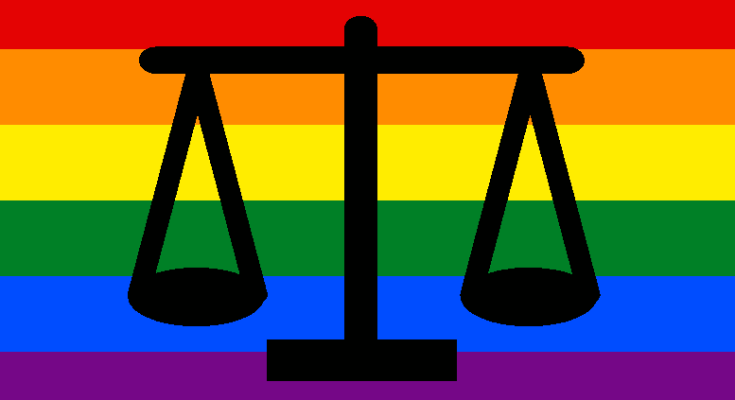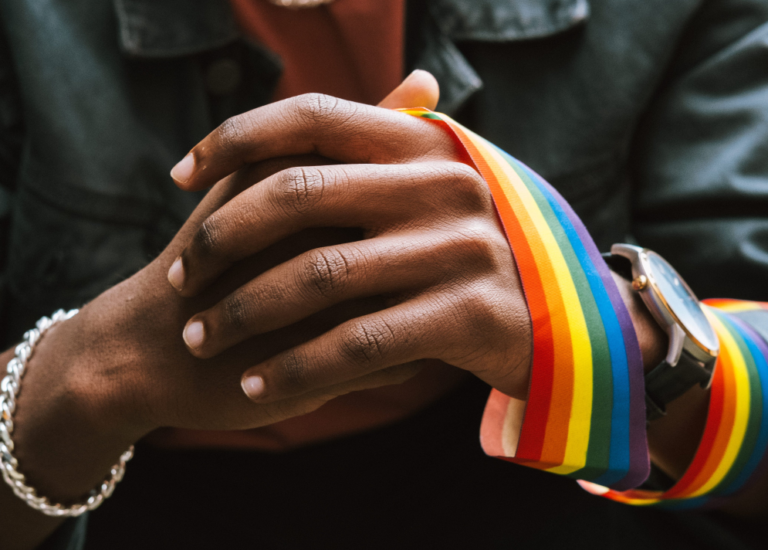A little over a year ago, during the June 2013 Gay Pride celebration in San Francisco, California, it was announced that that the same-sex marriage ban in California would officially be repealed. The sense of relief and celebration was palpable. A cheer went soaring through the streets and the Castro District (San Francisco’s historically gay neighborhood) turned into a massive street party.
Earlier this year, on the 24th of February, 2014, President Yoweri Museveni of Uganda signed into law a draconian new Anti-Homosexuality Bill, which has led to a brutal crack-down on the country’s LGBT Community. In 2001, President Sam Nujoma of Namibia stated that, “The enemy is still trying to come back with their sinister maneuvers and tricks called lesbians and homosexuality and globalization… They colonized us and now they claim human rights when we condemn and reject them. In Namibia there will be no lesbian and homosexual left. Those who want to [continue with homosexual activities] must pack and go back to Europe.” While the president of Tanzania hasn’t said anything with regards to same sex marriage, a look at newspaper editorials in Tanzania, with a few notable exceptions, seems to support the stance that the presidents of Uganda, Namibia and many other African countries have taken.
The question I have been debating is how has the increasing movement towards same-sex marriage in many Western countries affected the situation for LGBT people on the ground in the 76 countries which still criminalize homosexuality, the majority of which are in Africa and which include Tanzania. Has the increased attention that has been given to LGBT rights throughout the world, and particularly the movement to legalize same-sex marriage, led to a backlash and a greater amount of homophobic violence in African countries? Has the Western LGBT Rights movement served to make things worse in other regions of the world, or is this the first step towards global acceptance of the LGBT community? (The early stages of the LGBT movement in the US and Europe were also fraught with great levels of violence).
A great deal of the criticism of the LGBT movement in Africa has mirrored what President Sam Nujoma has said and has given the accusation that the LGBT community is “Un-African,” that it comes from the West, that it is a form of neo-colonialism or “recruitment of children” on the part of the West and that it is unnatural. The irony in this is that it was actually colonialism that brought the anti-sodomy laws to Africa given fact that there were many indigenous traditions of homosexuality throughout the continent. According to Human Rights Watch Report titled “This Alien Legacy,” these sodomy laws were used as a way of “civilizing” indigenous Africans and were a tool of social control, so in a way “it would be an emancipatory rejection of the historical wrong of colonialism to decriminalize homosexuality.[1]”
So where do we stand now? Each and every day more countries are legalizing same sex marriage. Currently 16 countries around the world, including South Africa, have legalized same sex marriage, and same sex marriage has been legalized in certain jurisdictions of other countries. However, at the same time, there are still 76 countries that criminalize homosexuality and 5 countries that have the death penalty for same-sex relations. Same sex marriage is a long way off from being legalized in Tanzania, but the tide is slowly shifting throughout the world. As the tide changes, things may begin to get much worse for the LGBT community as the moral crusaders attempt maintain their power and politicians use the LGBT community as a scapegoat for other serious issues affecting the country. However, change will come and grassroots activist organizations such as LGBT Voice Tanzania will be at the forefront of bringing that change in this country.
“End the persecution of people because of their sexual orientation, which is every bit as unjust as that crime against humanity, apartheid” – Archbishop Desmond Tutu, 2004
[1] http://www.hrw.org/reports/2008/12/17/alien-legacy-0
Author : Bryan Weiner




